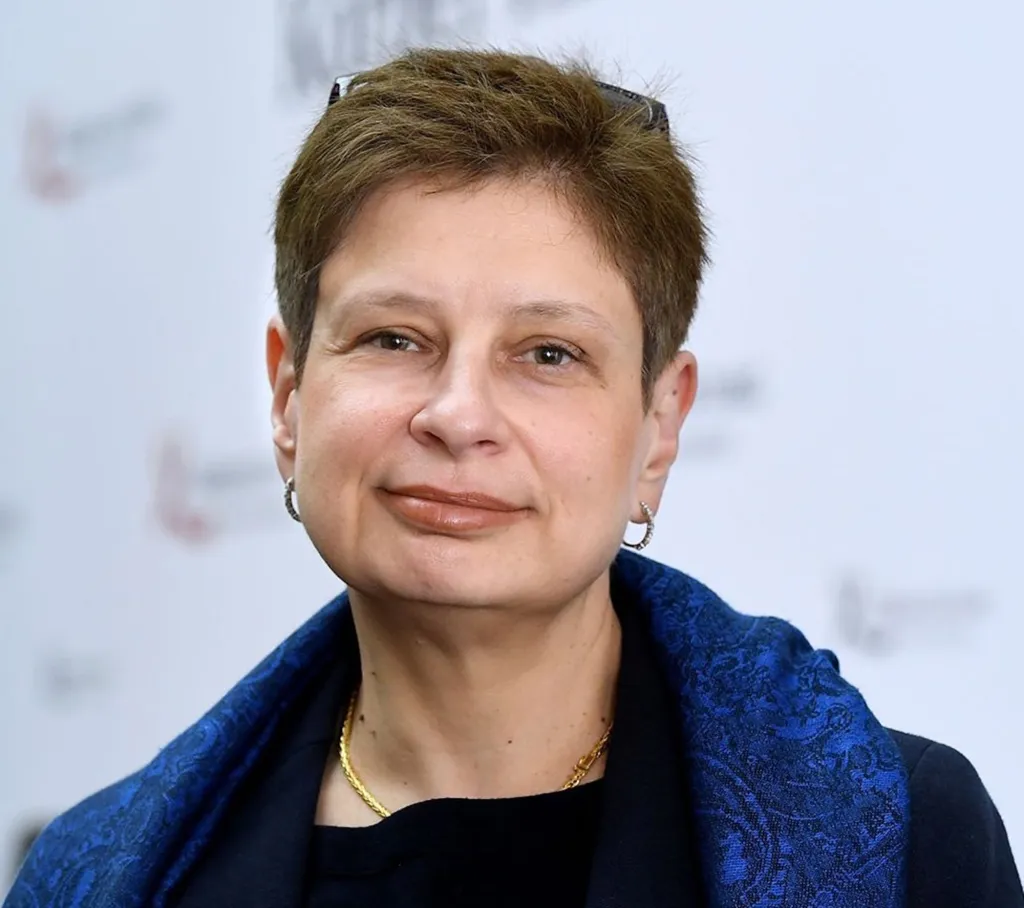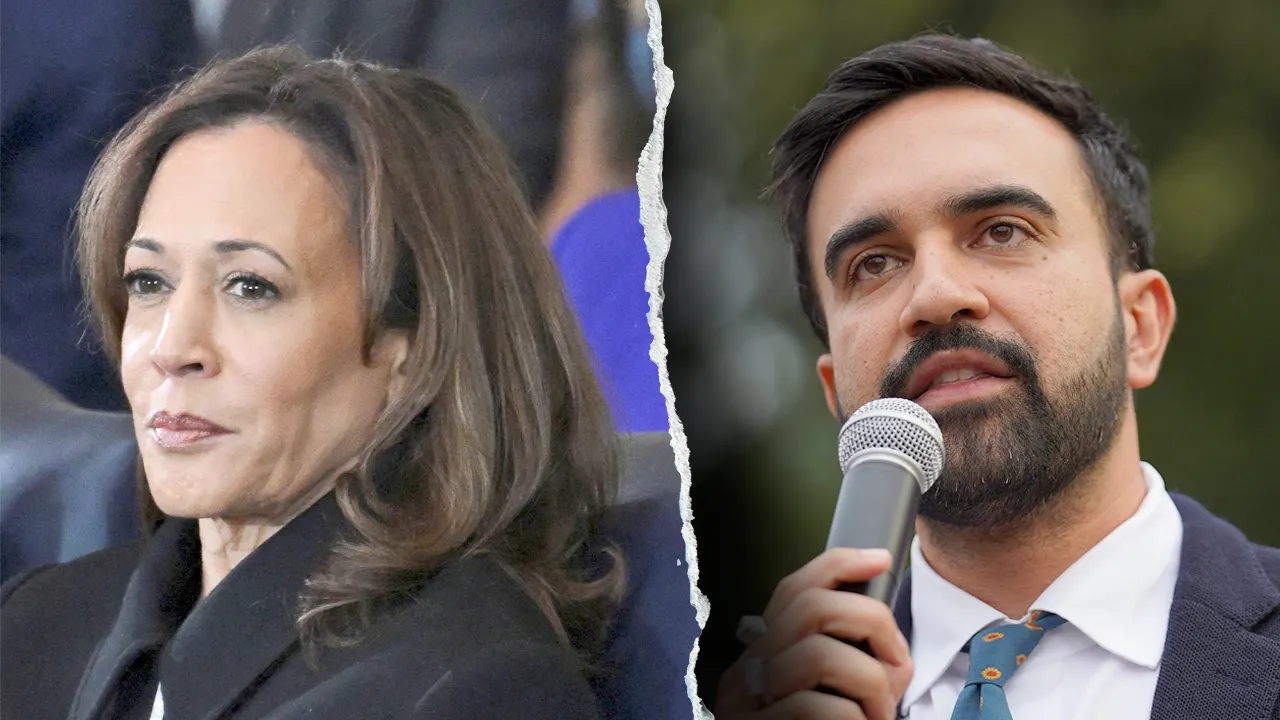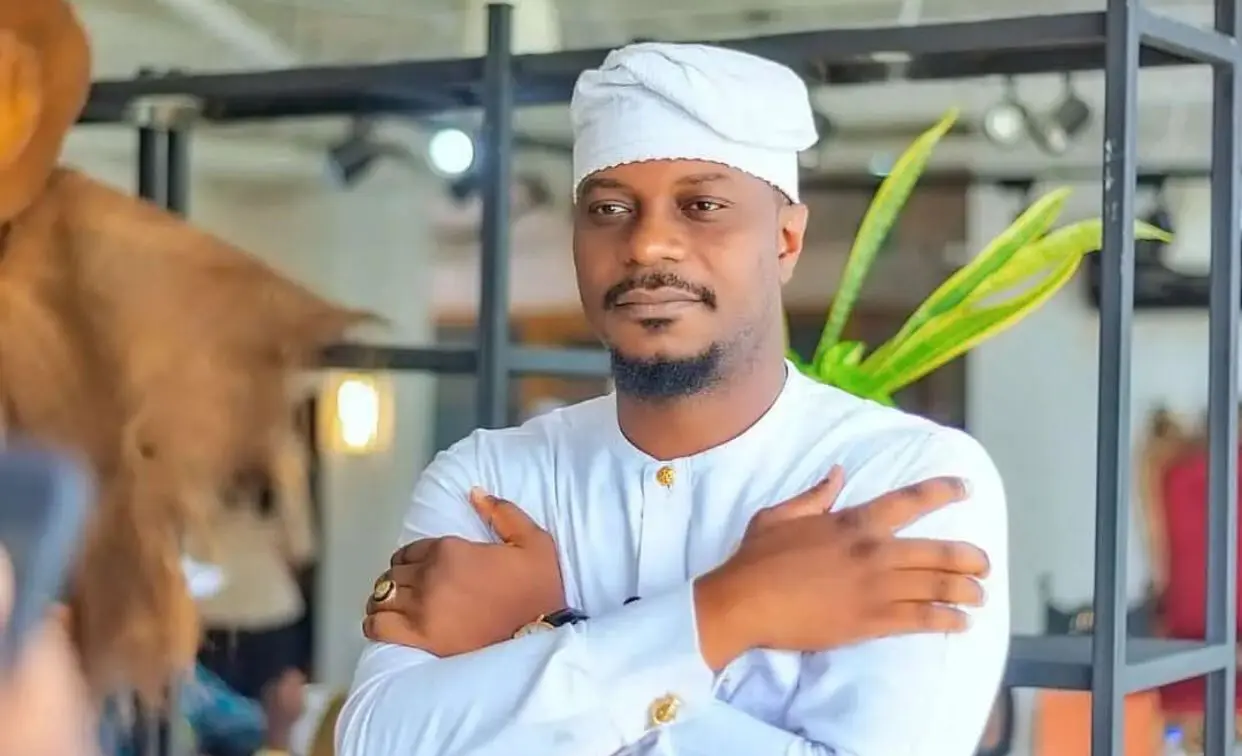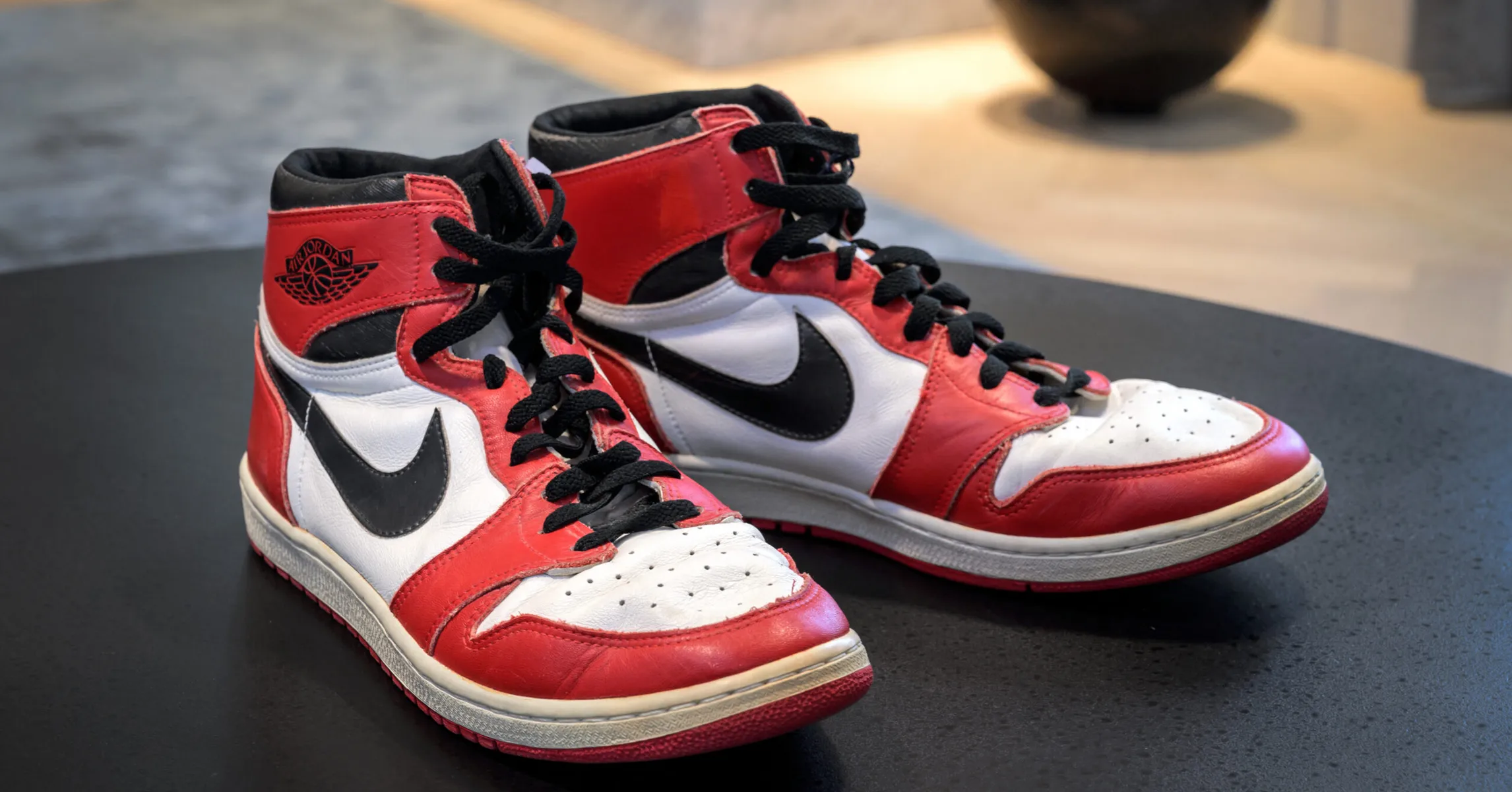
The failures and successes of Russian President Vladimir Putin will be the focus of a talk Thursday at William & Mary by Nina Khrushcheva, a great-granddaughter of former Soviet Union leader Nikita Khrushchev.
Her talk is scheduled for 5 p.m. in Room 101 of Andrews Hall, situated on campus directly behind Phi Beta Kappa Memorial Hall on Jamestown Road.
Khrushchev was leader from 1953 after the death of dictator Joseph Stalin until his “retirement” in 1964.
“I’ve almost created my own field of study,” said Khrushcheva, who is a professor of international affairs at The New School in New York City. Her early academic work was in culture, not politics.
As an undergraduate at Moscow State University, she studied literature and at Princeton University her doctorate studies were in comparative literature. “In doing so I looked at the difference between Anglo-Saxon and Russian culture, which made me to think about politics,” she said in a telephone interview. “What is the culture of politics? That’s what I do today.”
In creating her field of study, Khrushcheva “designed a number of courses that investigate a connection between culture and mostly pop-culture and politics. I teach courses on comparative propaganda as well as post-truth and politics, Hollywood and the world,” which focuses on American propaganda and its influence around the world.
Other similar subjects include propaganda and the Cold War.
Khrushcheva has written a number of books including “Imagining Nabokov: Russian Between Art and Politics,” which “explains how Russian culture is always a political tool, either for or against the regime. Vladimir Nabokov was no exception,” she said.
Nabokov, the Russian/American novelist, said he never wrote about politics, she added.
“But in order to be a political writer you don’t have to specifically acknowledge politics as your subject,” Khrushcheva said. “In fact, his American novel ‘Bend Sinister’ is certainly political. ‘Invitation to a Beheading’ and ‘Glory’ are also political.
“A lot of writers say that they are not what they are, which doesn’t mean they are telling the truth,” she added.
In the recent last years, Khrushcheva has been critical of Putin. She met him twice many years ago: in 1999 when he was prime minister under Russian President Boris Yeltsin and later in 2004 “when I saw him in the company of dissidents — musician Mstislav Rostropovich and his wife, Galina Vishnevskaya. He was welcoming them back into Russia. Putin was like a boy in the candy store, reuniting these dissidents” with Russia.
However, his views regarding dissidents dramatically changed and his crackdown on dissidents has become the hallmark of his 24 years in power. Historians note that Khrushcheva is not a dissident in the Soviet-era sense, but is a prominent critic of the modern Russian regime.
Khrushcheva is the great-granddaughter of Nikita Khrushchev. When Khrushchev’s son Leonid died during World War II, Nikita adopted his 2-year old daughter Julia, who later was Nina’s mother.
Regarding Khrushchev, “I only knew him as a fond grandfather,” she said. He no longer led the Soviet Union in October 1964, having been forced from power about two weeks before she was born. He died in 1971, had no state funeral and was not buried within the walls of the Kremlin like other Soviet leaders.
Khrushcheva’s visit to campus is sponsored by the Reves Center for International Studies, Russian & East European Studies, the Global Research Center, International Relations programs and the Harrison Ruffin Tyler Department of History.
Wilford Kale, kalehouse@aol.com



